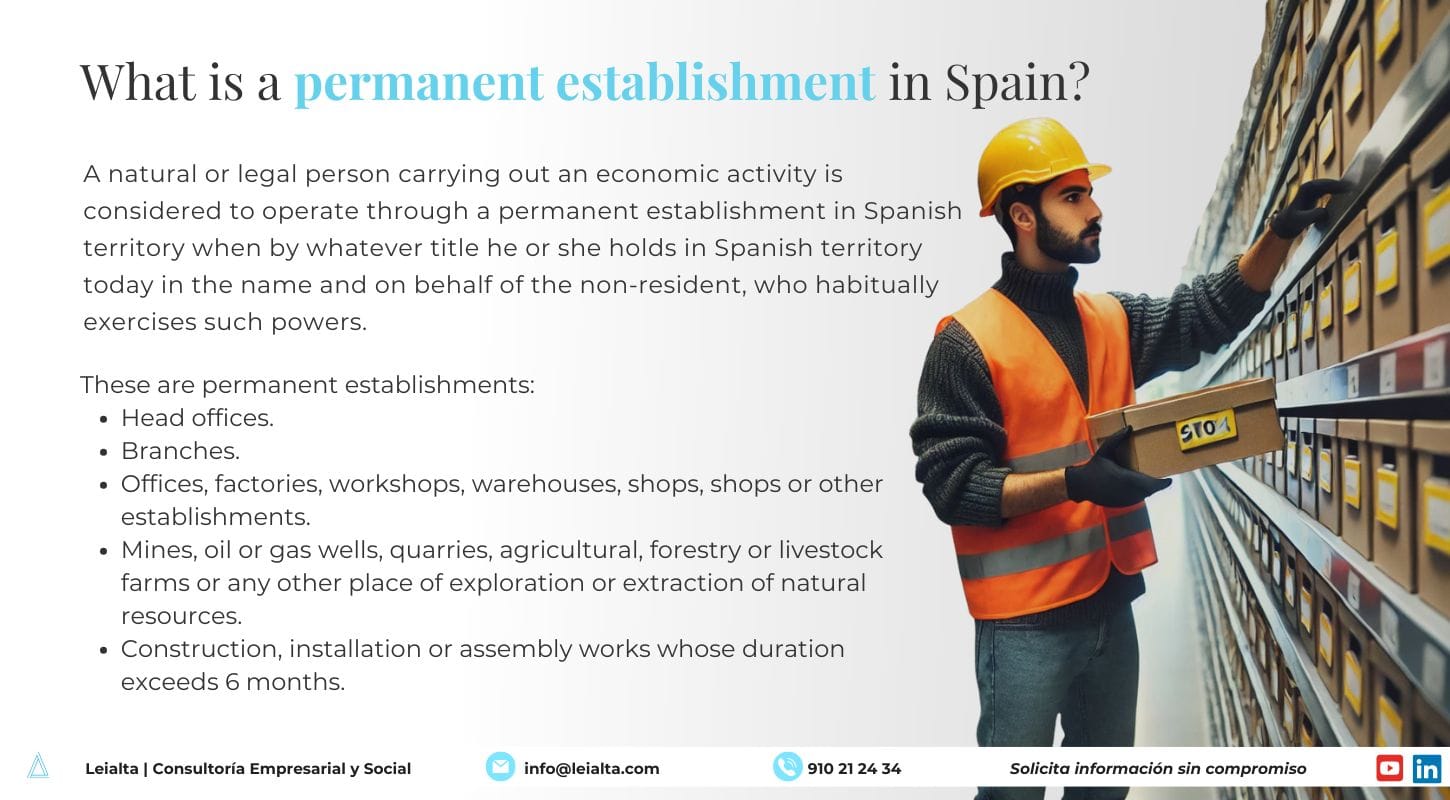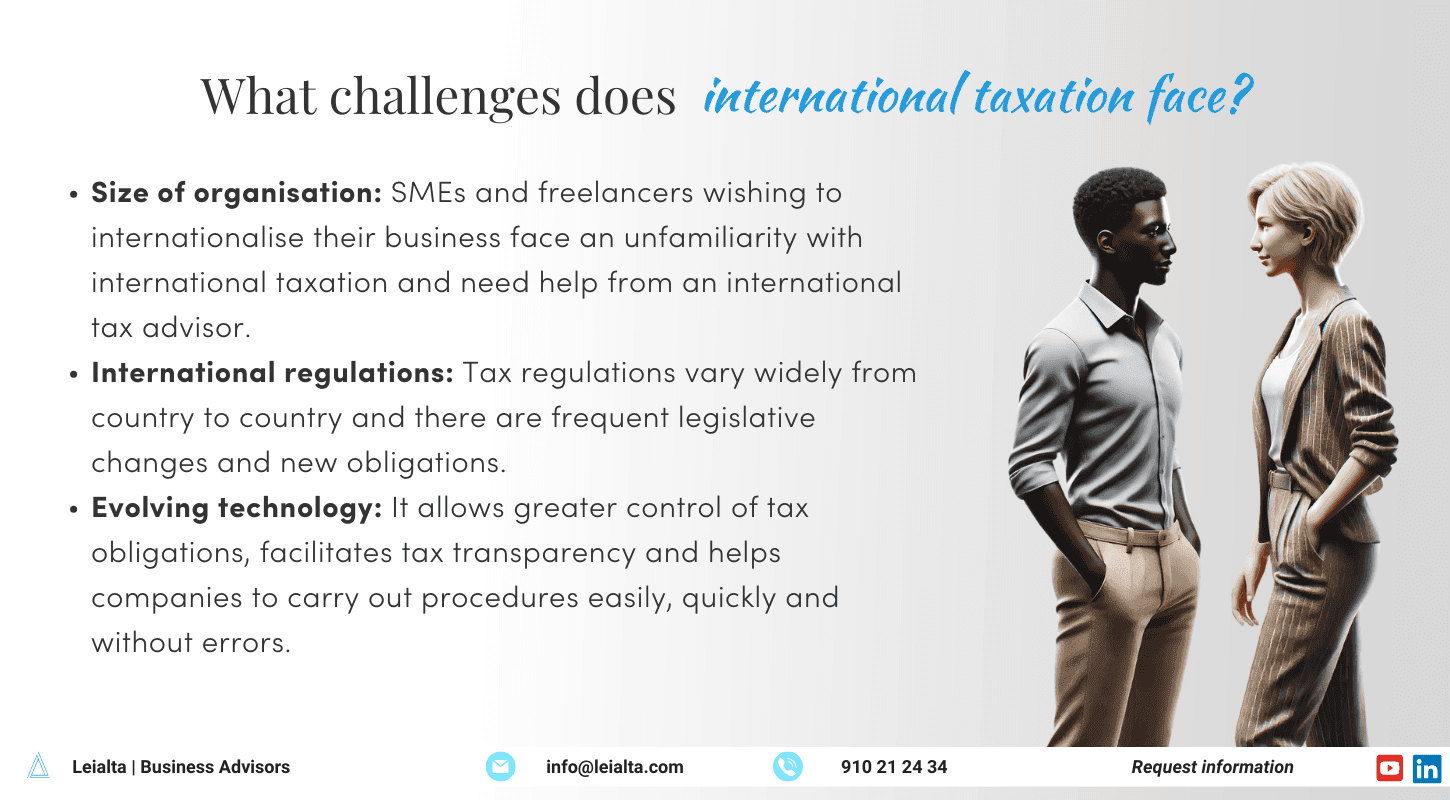
- The worker cannot have a shareholding of more than 5% in the capital (alone or with their spouse or relatives up to the second degree).
- The shares must be held for at least three years before being transferred.
- The company must offer the shares to all employees under the same conditions.
- In these cases, the amount that can be exempted is up to 50,000 euros per year instead of 12,000 euros.
- If this limit is exceeded, the employee is not taxed on the excess until the year the shares are transferred, the shares are listed on the stock exchange, or ten years have elapsed since their acquisition.

- The total remuneration in kind is the difference between the value of the shares received and the amount paid by the employee for them: 63,000 euros: (9,000 shares. 12 euros) – (9,000 shares. 5 euros).
- The shares in emerging companies must be valued at the value of the shares subscribed by a third party in the last capital increase carried out in the previous year or, failing this, at their market value at the time of their delivery.
- If the employee sells the shares before 2033 (provided that they have held them for three years), they must declare this remuneration in the personal income tax for the transfer year.
Remember that you can count on Leialta as your accredited consultancy to help you manage your company.



